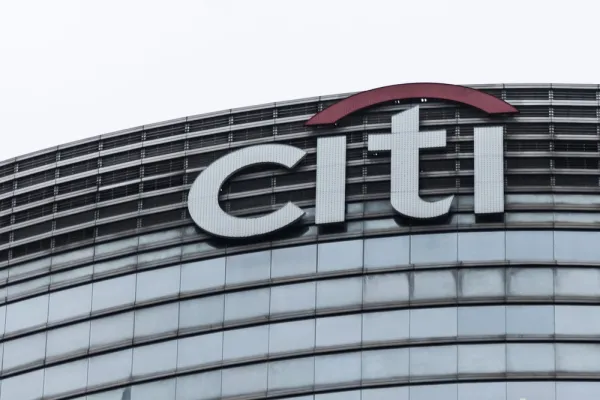Wealthy individuals, family offices, and even a few asset managers in Asia continue to take Bitcoin and other cryptocurrencies seriously — so seriously that, according to cryptocurrency hedge fund BitSpread, they have been leading the global frenzy driving prices up and down lately.
Prices globally are being driven by Asian investors, BitSpread Chief Executive Officer Cedric Jeanson says during a recent visit to Hong Kong. “Asia is driving liquidity in cryptocurrency trading,” Jeanson tells Institutional Investor. “The spot market has been driven by Asia.”
Not all Asia-based investors are interested in participating, however. The recent cryptocurrency bonanza — which saw Bitcoin rocket nearly 2,400 percent in 12 months, to more than $19,000 on December 16, 2017, before falling back to around $14,000 by early January — certainly hasn’t impressed Shane Oliver, the chief economist and head of investment strategy of Sydney-based asset manager AMP Capital.
“Cryptocurrencies like Bitcoin, which are highly unstable and provide no income, would be a poor component of the cash universe,” Oliver told Institutional Investor in an email. “So, in short, I don’t see them as a serious contender as a future asset class.”
Oliver, who oversees $137 billion in assets, says he does not see AMP ever investing in Bitcoin or other cryptocurrencies. “It’s hard to envisage,” he adds. “What goes up quickly can come down just as quickly. [Bitcoin] has already seen multiple 20 percent price setbacks and is far more volatile than shares or most other asset classes we invest in.”
[II Deep Dive: Cryptocurrency Hedge Funds? There’s an Index for That]
David Webb, a well-known Hong Kong-based activist investor, calls cryptocurrencies a “Ponzi scheme.”
“No single operator is running it, and everyone has a chance to participate in it, but its value is determined purely by the weight of money coming into it and the willingness of holders to sell it,” Webb wrote on December 14 to his clients and subscribers of his newsletter. “Like any Ponzi scheme, earlier participants came in at lower cost, and are now receiving much of the billions of dollars — yes, really — that newcomers are putting in.”
The fear of a Ponzi scheme was behind the Chinese and South Korean governments’ decisions to impose heavy restrictions, including bans on trading on their nations’ respective cryptocurrency exchanges. The restrictions have only helped drive demand among Chinese and South Korean investors to offshore exchanges like bitFlyer in Japan, says Jeanson of BitSpread.
Piers Dryden, a Jersey, United Kingdom-based partner with global offshore law firm Ogier, says he does not expect outright bans but that increased government regulation is likely as cryptocurrencies and digital assets become more mainstream and widely held.
“Crypto currencies wouldn’t be the first asset class to experience a bubble or the last,” Dryden said in an email interview. “I expect government regulation to increase globally as this technology becomes more prevalent and widely used by consumers and investors. That said, the nature of crypto currencies makes the regulators’ job more difficult — we can all accept that as consumer use of digital currencies approaches, or passes, the tipping point into the mainstream, further regulation is likely.”
Jeanson of BitSpread, which has offices in London, Singapore and New York, says he welcomes more regulatory oversight.
“It drives more volumes,” says Jeanson, a French national who founded Bitspread in 2014 after a 20-year career in finance at major banks, including his last post as the chief operating officer for equity derivatives with Nomura Securities in London. “With China’s ban, for instance, volume moved to Japan. Once China legalizes again, a lot of volume will move back to China.”
Asia is crucial for the evolution of digital currencies, Jeanson says, adding that the region is home to some of the biggest exchanges and markets — notably in Japan, Korea and China — and that Asian regulators have been leading the way in policing cryptocurrencies.
BitSpread has been a key beneficiary of the frenzy. It is now trading more than $1 billion of digital currencies a month, making it, by Jeanson’s estimates at least, the largest cryptocurrency market maker globally.
“A few years ago people asked me why I wanted to launch a crypto fund,” Jeanson recalls. “Now, all the people I meet all want to invest in bitcoins.”






